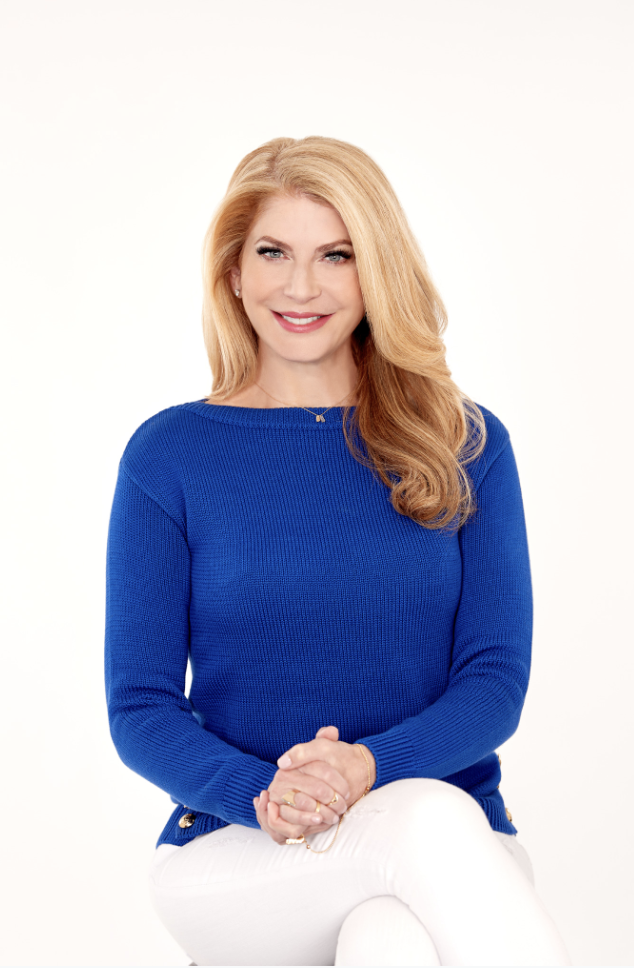One critical observation I’ve noticed about the psychological effects the pandemic is having on people is that hope, and endurance are endemic to the human spirit. There has been a shift of late among most of my clients, from drowning in despair to looking at the silver linings.
The pandemic has been affecting our lives for almost a year now. It has been difficult to adapt to it, which has resulted in many people feeling overwhelmed. However, adapting to healthy changes can take a long time. In the 1980s alcoholism researchers James O. Prochaska and Carlo C. DiClemente developed The Transtheoretical Model (TTM) which presupposes that at any given time, a person is in one of five stages of change: precontemplation, contemplation, preparation, action, or maintenance. What makes this study relevant is their research showed it takes a minimum of six months for people to go through all the behavioral phases to reach the maintenance phase.
The pandemic has now become more of a routine, and many people have adjusted to the slower pace and are feeling more positive about dealing with it. Here are a handful of the silver linings to pause and reflect upon during this holiday season to bring more optimism into your life for the New Year:
1. Use this time as an opportunity to reflect on your feelings about your job. I’ve had clients re-evaluate their jobs through a different lens now that they’re working from home. Without the social distractions at work, the job becomes the job — in its purest form. Decide whether you feel reinvigorated and thankful for how much you love what you do. Or address the possibility you’ve been distracting yourself from aspects of your work to because you secretly don’t feel it’s the right job for you. This self-reflection will give you the opportunity to grow within your job or to choose a different path forward.
2. Use the downtime to press the pause button on your career. If your career is driving you, instead of you driving it, you probably need to make a change. Given an opportunity to sit and think about your choices without the constant motion of work/social and life obligations may empower you to change course completely. Three of my clients felt empowered and used their increased quiet time to make authentic movement from finance to sustainability, creative writing to law, and art to education.
3. Take the time to be thankful for any new or stronger bonds you’ve shared with cohorts or roommates which were strengthened by the experience of living though the pandemic. A couple of my clients who are freshmen in college attributed being quarantined in their dorm as the glue that made their friendships much stronger than they imagined possible before being forced to shelter. They have embraced the chance to grow into adulthood together and create a bond they may never have the chance to form again.
4. Embrace and celebrate the extra time you’ve been able to spend with your family that you didn’t have before. Living through a crisis and caring for each other has caused people to refocus attention on family as opposed to the freneticism of life. The pandemic forced a quieting of the social “rat race” syndrome that was dominating our daily lives and centered people more closely around their homes. It has also helped families re-establish relationships fractured from over usage of disruptive forms of technology like social media.
5. Staying at home for extended periods has enabled many people ample time to reacquaint themselves with lost hobbies such as origami, painting, needlework, woodworking, model building, ceramics, and cooking. It reminds people of hobbies they used to enjoy and are re-learning how to enjoy their own company instead of being constantly distracted by work and socializing.
I’m most encouraged that many of my clients are becoming battle-tested and are not allowing the ongoing challenges of the pandemic to derail their lives. They are being reflective and engaging in more effective self-care, whether it’s eating healthier, exercising from home, walking outside more, or taking time for meditation and other forms of relaxation.
Happy Holidays, and remember that time heals what binds us, allowing us to break free from despair.
Reference: “Transtheoretical therapy: Toward a more integrative model of change, Prochaska, J.O. & DiCLemente. C.C., www.psychnet.apa.org, 1982


